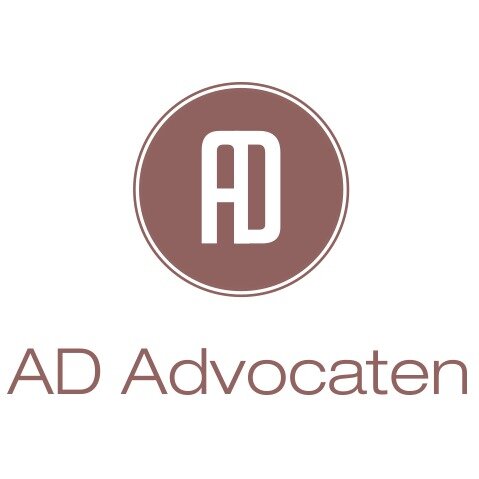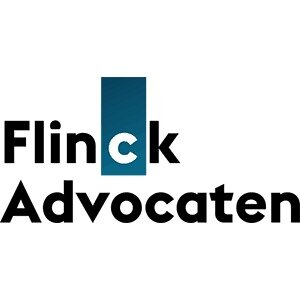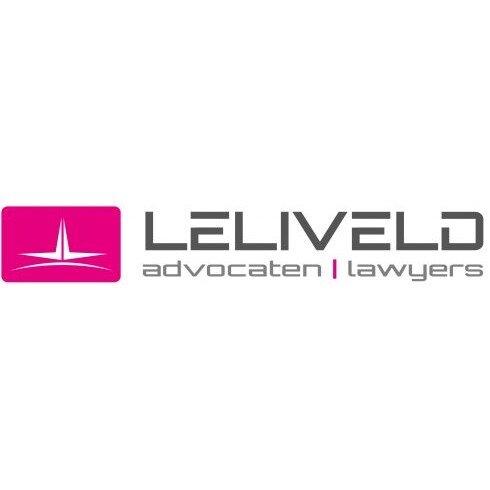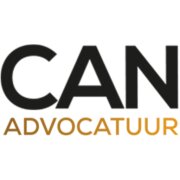Best Bankruptcy Lawyers in Netherlands
Share your needs with us, get contacted by law firms.
Free. Takes 2 min.
Or refine your search by selecting a city:
List of the best lawyers in Netherlands
About Bankruptcy Law in Netherlands
Bankruptcy law in the Netherlands, also known as "faillissement," is governed by the Dutch Bankruptcy Act (Faillissementswet). This legal procedure addresses situations where individuals or businesses are unable to meet their financial obligations. The primary aim of bankruptcy proceedings is to ensure an equitable distribution of the debtor's assets among the creditors. Bankruptcy can be declared by the debtor themselves or their creditors and involves the appointment of a bankruptcy trustee to manage the debtor’s estate.
Why You May Need a Lawyer
Engaging a lawyer can be crucial in multiple scenarios related to bankruptcy, including:
- To navigate the complex legal proceedings involved in filing for bankruptcy.
- To negotiate settlements with creditors to avoid declaring bankruptcy.
- To protect personal assets and rights during a bankruptcy proceeding.
- To comprehend the long-term consequences of bankruptcy on credit and personal reputation.
- To assess eligibility for alternative debt restructuring options such as the Wet Schuldsanering Natuurlijke Personen (WSNP) or Debt Restructuring for Natural Persons Act.
Local Laws Overview
Key elements of local bankruptcy laws in the Netherlands include:
- Types of Bankruptcy: The law recognizes three main proceedings: bankruptcy (faillissement), suspension of payments (surseance van betaling), and debt restructuring for natural persons (WSNP).
- Initiation: Bankruptcy can be initiated by either the debtor or their creditors.
- Trustee Role: A trustee is appointed to control and liquidate the debtor’s assets for distribution among creditors.
- WSNP: Individuals may apply for the WSNP if they face insurmountable debt, allowing for debt forgiveness after a three-year period under strict conditions.
- Creditor Hierarchy: The distribution of assets follows a specific order with secured creditors and employees generally having priority.
Frequently Asked Questions
What is the difference between bankruptcy and WSNP?
Bankruptcy is aimed at liquidating a person’s or company's estate to pay off creditors, while WSNP is a debt restructuring procedure that offers individuals a chance to rebuild their finances with debt forgiveness after three years.
Who can file for bankruptcy in Netherlands?
Both individuals and legal entities like companies can file for bankruptcy if they are unable to pay their debts.
What happens to an individual's debts after bankruptcy is declared?
Once bankruptcy is declared, the debtor’s assets are liquidated (with some exceptions) to repay creditors, but personal liabilities can linger if the liquidation does not cover all debts.
Can a debtor retain any assets during bankruptcy proceedings?
Certain personal belongings necessary for living and working, such as basic household items, may be exempt from liquidation.
How does bankruptcy affect my credit score?
Bankruptcy can have a significant negative impact on your credit score, making future borrowing more difficult and expensive.
Is it possible to stop the bankruptcy once it has been declared?
In some cases, it is possible to reach a settlement with creditors to cancel the bankruptcy proceedings, but legal advice is crucial for such arrangements.
How long do bankruptcy proceedings typically last?
The duration of bankruptcy proceedings can vary significantly but typically lasts for several months to a year until the assets are completely liquidated and distributed.
What is the role of a bankruptcy trustee?
A bankruptcy trustee is appointed by the court to manage the debtor’s estate, ensuring an equitable distribution of assets to creditors.
Can creditors force bankruptcy upon a debtor?
Yes, creditors can petition the court to declare a debtor bankrupt if they can prove insolvency and the outstanding debt.
What is the court's role in bankruptcy proceedings?
The court oversees the bankruptcy process, ensuring compliance with legal procedures and appointing a trustee to manage the debtor’s assets.
Additional Resources
For those seeking more information or assistance regarding bankruptcy, consider these resources:
- Dutch Court System (Rechtspraak)
- The Netherlands Association of Trustees (INSOLAD)
- Consumer Credit Counseling Services
- Legal Aid Board Netherlands
Next Steps
If you are considering filing for bankruptcy or are confronted with insolvency issues, here are the recommended steps:
- Consult with a legal expert specializing in bankruptcy law to explore your options.
- Gather all relevant financial documents to provide a clear picture of your financial situation.
- Discuss the possibility of settling debts outside of court with creditors.
- Evaluate your eligibility for the WSNP if you are an individual facing financial difficulties.
- Consider reaching out to consumer credit counseling for additional support.
Engaging the services of a professional who understands Dutch bankruptcy law can greatly enhance your ability to navigate these challenging legal waters.
Lawzana helps you find the best lawyers and law firms in Netherlands through a curated and pre-screened list of qualified legal professionals. Our platform offers rankings and detailed profiles of attorneys and law firms, allowing you to compare based on practice areas, including Bankruptcy, experience, and client feedback.
Each profile includes a description of the firm's areas of practice, client reviews, team members and partners, year of establishment, spoken languages, office locations, contact information, social media presence, and any published articles or resources. Most firms on our platform speak English and are experienced in both local and international legal matters.
Get a quote from top-rated law firms in Netherlands — quickly, securely, and without unnecessary hassle.
Disclaimer:
The information provided on this page is for general informational purposes only and does not constitute legal advice. While we strive to ensure the accuracy and relevance of the content, legal information may change over time, and interpretations of the law can vary. You should always consult with a qualified legal professional for advice specific to your situation.
We disclaim all liability for actions taken or not taken based on the content of this page. If you believe any information is incorrect or outdated, please contact us, and we will review and update it where appropriate.
Browse bankruptcy law firms by city in Netherlands
Refine your search by selecting a city.















